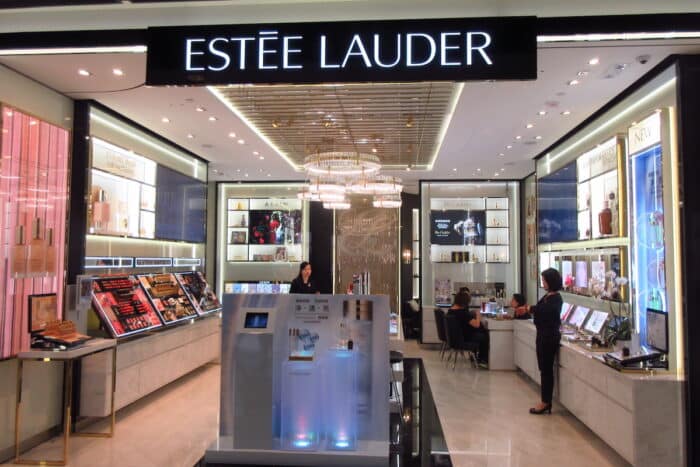
Estee Lauder biometric data biometric privacy BIPA class action overview:
- Who: A consumer who used Estee Lauder’s virtual makeup try-on feature sued the company.
- Why: The plaintiff says the company does not correctly inform customers of how it stores and uses their facial data.
- Where: The class action was filed in New York federal court.
Estée Lauder illegally collects the biometric data of consumers who use its virtual makeup try-on feature, a new class action lawsuit alleges.
Plaintiff Celia Castelaz filed the class action lawsuit against Estée Lauder Companies Inc. May 20 in a New York federal court, alleging violations of the Illinois Biometric Information Privacy Act (BIPA).
BIPA is a law that regulates the collection, storage and use of biometric information such as fingerprints, voiceprints and face scans and mandates that companies have customers’ informed consent before doing anything with their biometric data.
According to the lawsuit, Estée Lauder refuses to inform users or ask for their consent when using technology to collect their biometric facial scans.
The lawsuit alleges Estée Lauder “sells the image of luxury to consumers,” inviting them to virtually “try on” its designer makeup through its website’s “Virtual Try-On” feature.
Through this feature, website visitors can view themselves with various makeup products on their face by creating a live feed of their face or uploading a photo.
“But, unbeknownst to its website users — including Plaintiff and the other Class members — Estée Lauder collects detailed and sensitive biometric identifiers and information, including complete facial scans, of its users through the Virtual Try-On tool, and it does this without first obtaining their consent, or informing them that this data is being collected,” the class action alleges.
Estee Lauder class action plaintiff seeks up to $1,000 per violation under BIPA
The plaintiff looks to represent anyone living in Illinois whose biometric identifiers were captured by Estée Lauder through use of the Virtual Try-On tool websites from four years ago to now.
Castelaz already asked the court to force Estée Lauder’s destruction of previously collected and stored information.
She’s also seeking certification of the class action, as well as damages of up to $1,000 per violation, fees, costs and a jury trial.
The news comes as a consumer filed a similar class action against Louis Vuitton North America, alleging it unlawfully collects and stores the biometric data of consumers who use its Virtual Try-On feature to try on glasses on the company’s website.
What do you think about your facial data being stored through the makeup try-on apps? Let us know in the comments.
The plaintiff is represented by Steven M. Nathan and James J. Pizzirusso of Hausfeld LLP.
The Estee Lauder BIPA Class Action Lawsuit is Celia Castelaz et al. v. Estee Lauder Companies Inc., Case No. 1:22-cv-04157, in the U.S. District Court Southern District of New York.
Don’t Miss Out!
Check out our list of Class Action Lawsuits and Class Action Settlements you may qualify to join!
Read About More Class Action Lawsuits & Class Action Settlements:















27 thoughts onEstee Lauder class action alleges company violates biometric privacy with facial scanning technology
Add
Please add me.
Add me
Please add me
Please add me
Add me please
Add me too please